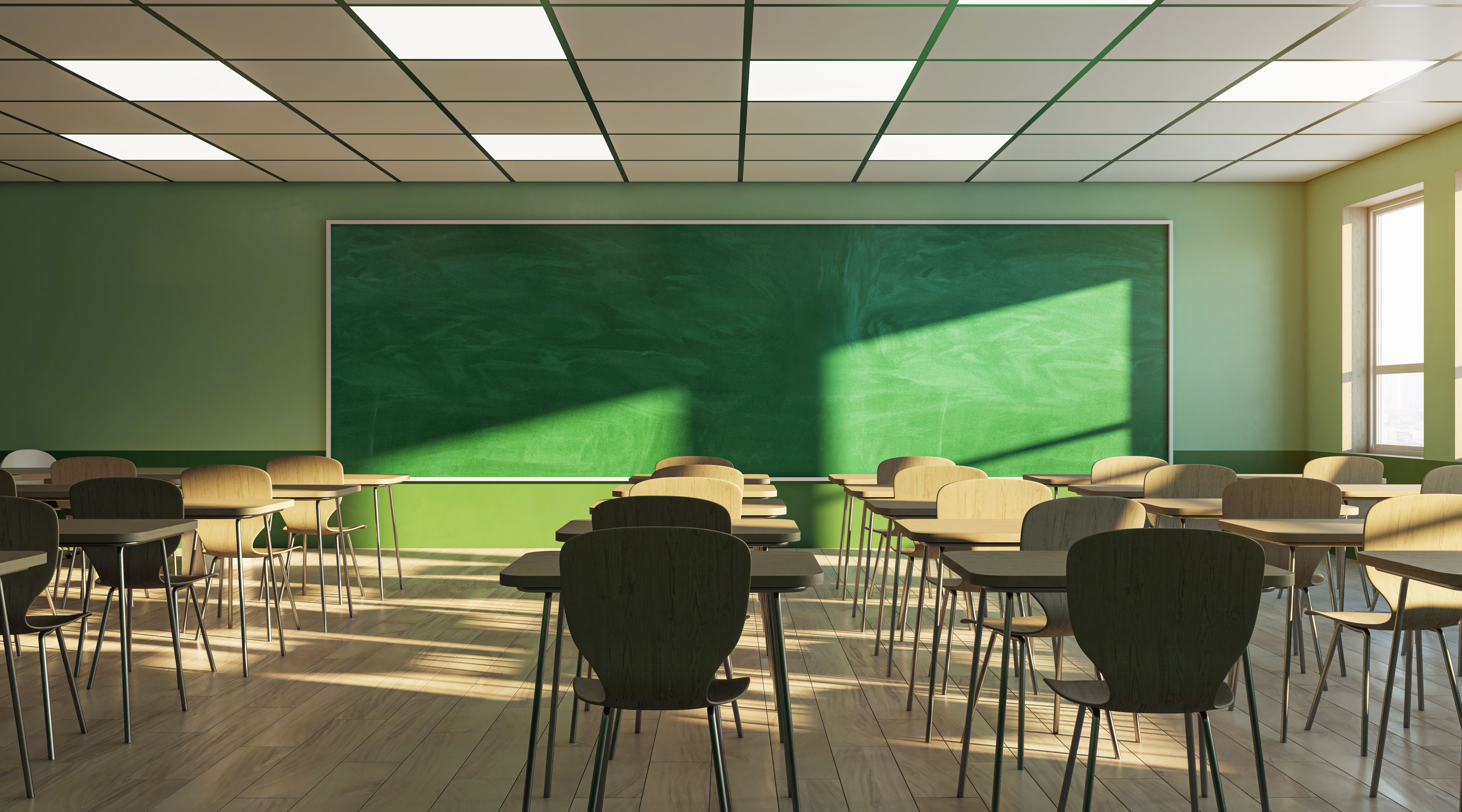Deciding Between Private and Public Schools: What Parents Should Consider
Understanding the Differences
Deciding between private and public schools is a significant choice many parents face. Each type of school offers unique benefits and presents specific challenges. By understanding these differences, parents can make informed decisions that best meet their child's educational needs.

Public schools are government-funded and provide free education to students. They follow a standard curriculum set by educational authorities and are often more diverse, reflecting the community's demographics. In contrast, private schools are independently funded through tuition fees and donations. They have the flexibility to create their own curricula and often offer specialized programs.
Cost Considerations
One of the most obvious differences between private and public schools is the cost. Public schools do not charge tuition, making them an affordable option for many families. However, parents may need to budget for additional expenses such as school supplies, field trips, and extracurricular activities.
Private schools, on the other hand, can be expensive, with tuition fees varying significantly depending on the institution's prestige and location. Some private schools offer scholarships or financial aid to help offset costs, but this is not always guaranteed.

Class Size and Individual Attention
Another critical factor to consider is class size. Private schools often boast smaller class sizes, allowing for more individual attention from teachers. This can be beneficial for students who thrive in a more personalized learning environment. Smaller classes may also contribute to better discipline and a stronger sense of community within the school.
Public schools, however, may have larger class sizes due to budget constraints and higher enrollment numbers. While this can be a disadvantage in terms of personalized attention, it also exposes students to a wider range of perspectives and experiences, which can be valuable in developing social skills.
Extracurricular Activities
Extracurricular activities play an essential role in a child's education, providing opportunities for growth beyond academics. Public schools often have a wide range of activities due to their larger student bodies and available resources. These can include sports teams, music programs, and various clubs.
Private schools may offer fewer extracurricular options but often provide more specialized programs. For example, a private school might focus on arts or STEM subjects, offering students unique opportunities to develop skills in these areas.
Academic Performance
When it comes to academic performance, both private and public schools have their strengths. Private schools often tout higher standardized test scores and college placement rates. This can be attributed to selective admissions processes and resources that allow for enriched academic programs.
Public schools, however, have also produced high-achieving students who excel in various fields. Many public schools offer advanced placement courses and gifted programs that challenge students academically. The key is to evaluate the specific schools in your area to determine which can best support your child's academic needs.
Values and Community
The values and sense of community within a school are important considerations for many parents. Private schools may align with specific religious or philosophical beliefs, providing an environment that supports these values. This can be a significant factor for families seeking a particular moral or ethical foundation in their child's education.

Public schools, reflecting diverse communities, offer an inclusive environment where students learn to interact with peers from various backgrounds. This diversity can foster empathy, tolerance, and a broader understanding of the world around them.
Making the Decision
Ultimately, the decision between private and public schooling depends on various factors unique to each family. Consider your child's learning style, interests, and social needs alongside your family's budget and educational values. Visiting potential schools, meeting with teachers, and talking to other parents can also provide valuable insights.
By weighing all these considerations carefully, you can choose a school that will best support your child's growth academically, socially, and personally.
